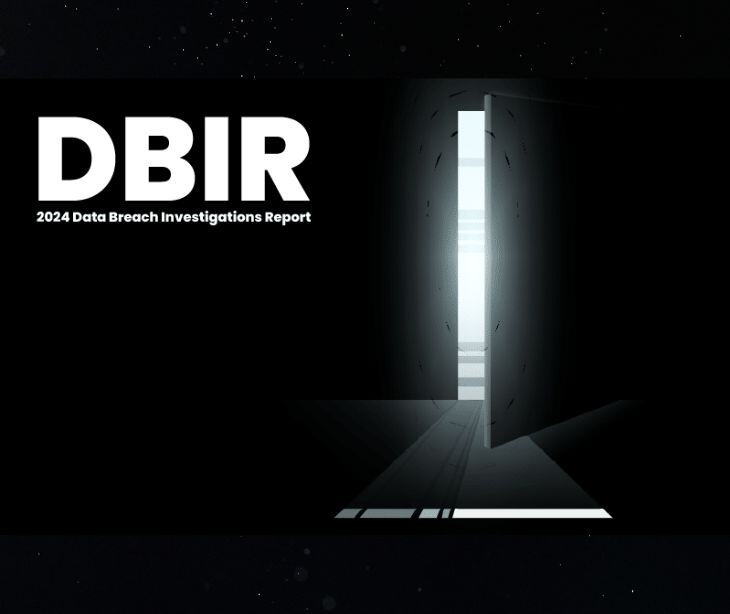2 min read
Vermont law will prohibit medical debt reporting on credit reports
Gugu Ntsele Jun 5, 2025 5:34:50 AM

Vermont Governor Phil Scott signed S. 27 into law on May 16, creating a medical debt relief measure that prohibits medical debt from appearing on consumer credit reports and establishes a state-funded initiative to eliminate qualifying medical debt held by Vermont residents.
What happened
Vermont enacted medical debt legislation that takes effect July 1, 2025. The law authorizes the State Treasurer to contract with a nonprofit organization to purchase and eliminate medical debts owed by Vermont residents. The state appropriated $1 million in FY2026 to support this debt abolition effort.
Residents qualify for debt relief if their household income falls at or below 400% of the federal poverty level or if they owe medical debt amounting to at least 5% of their household income. The outstanding debt must remain after standard collection efforts have concluded. The contracted nonprofit must coordinate with credit reporting agencies to remove adverse credit information and provide written notice to affected individuals.
The legislation permanently changes Vermont's consumer credit reporting framework by banning credit reporting agencies from reporting or maintaining medical debt information, allowing tax-exempt organizations to access consumer credit reports for eligibility determinations, prohibiting large healthcare facilities from selling medical debt except to qualifying debt-canceling nonprofits, and expanding notice and disclosure requirements.
What was said
In a press release, Governor Phil Scott expressed concerns about the program despite signing it into law. Scott acknowledged the intent of S.27 but warned that "much of this debt has already been written off by healthcare providers as uncollectible and built into higher rates for ratepayers."
The Governor raised concerns about program growth, stating "with a looming healthcare crisis and our growing crisis of affordability in Vermont, we should anticipate this debt financing program to grow which raises significant concerns about future appropriations and where the funding will come from."
Scott also warned about potential unintended consequences, noting that "now that we have created this million-dollar program, we may be disincentivizing repayment because of a misperception that 'the State' will eventually pay for it." He concluded that "we will need to manage this program effectively and pair it with real reforms."
Why it matters
Vermont's medical debt reporting ban directly responds to the Consumer Financial Protection Bureaus (CFPB) recent repeal of its own federal rule that would have imposed similar restrictions nationwide. As the CFPB continues rolling back consumer protection rules from prior administrations, individual states are stepping in to expand consumer protections through state-level legislation. This creates a patchwork of varying regulations across states that credit reporting agencies and debt collectors must navigate, requiring active monitoring of evolving state credit reporting laws to maintain compliance as regulatory frameworks shift from federal to state-level oversight.
The bottom line
Vermont's proactive approach to medical debt relief demonstrates how states are filling regulatory gaps left by federal rollbacks. Credit reporting agencies and debt collectors must adapt their compliance strategies to account for this emerging state-by-state regulatory landscape, making ongoing monitoring of state credit reporting laws essential for continued legal compliance.
FAQs
How will residents know if their medical debt qualifies for the program?
Eligible residents will be notified by the nonprofit contracted by the state once debts are identified and verified.
Which nonprofit organization will handle Vermont’s medical debt relief efforts?
The specific nonprofit has not yet been named and will be selected by the State Treasurer.
Will forgiven medical debt be considered taxable income?
While federal law may exclude canceled medical debt from taxable income, specific tax implications will depend on IRS guidance and state policy.
How will credit bureaus be held accountable for complying with the new reporting ban?
The law likely relies on enforcement through state regulatory agencies and potential penalties for non-compliance.



%20-%202024-09-16T172033.256.jpg)
%20-%202024-11-13T063002.612.jpg)